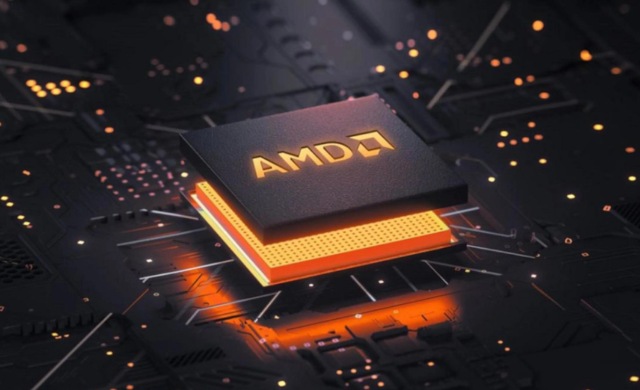Advanced Micro Devices (NASDAQ:AMD) is steadily taking market share from Intel (NASDAQ:INTC) in the central processing unit (CPU) sector, according to analysts at Bernstein.
In a note reviewing second-quarter trends, Bernstein highlighted that the PC market outperformed expectations, with shipments rising roughly 7% year over year and surpassing pre-COVID levels.
Although oversupply persisted in some channels, the firm pointed out AMD’s notable gains in desktop computers.
“AMD gained a substantial ~4 points of desktop unit share at ~30.2%, and ~5 points of revenue share,” Bernstein wrote. In comparison, Intel “gained back ~2 points of notebook CPU unit share following several quarters of headwinds.”
Bernstein also emphasized that AMD’s average selling prices (ASPs) are increasing, reflecting the company’s competitive strength.
“AMD’s notebook ASPs rose 8% QoQ, now at a premium to Intel. AMD’s desktop ASPs rose ~2% QoQ and sit at a substantial premium to Intel,” the analysts said. Intel’s ASPs were described as “flattish QoQ, and at a discount to AMD.”
Beyond the PC market, AMD is also making inroads in servers. Bernstein noted that while Arm CPUs are taking share from both major suppliers, “in the x86 space AMD continued to gain, with revenue share up ~1.5 points, crossing 40% for the first time.”
Looking ahead, Bernstein pointed to AMD’s upcoming accelerator roadmap as a potential long-term driver.
“The real prize remains the MI4XX ramp, which (on paper at least) is supposed to close the raw performance gap and bring rack scale offerings to the portfolio,” the note said.
Bernstein maintains a Market Perform rating on both Intel and AMD, with price targets of $21 and $140, respectively.
Advanced Micro Devices stock price
This content is for informational purposes only and does not constitute financial, investment, or other professional advice. It should not be considered a recommendation to buy or sell any securities or financial instruments. All investments involve risk, including the potential loss of principal. Past performance is not indicative of future results. You should conduct your own research and consult with a qualified financial advisor before making any investment decisions.
